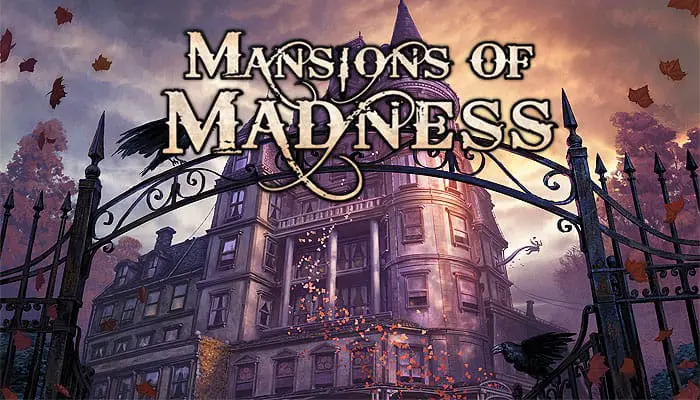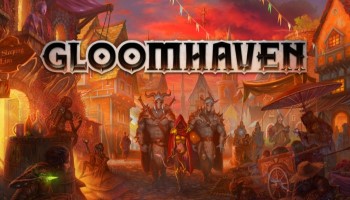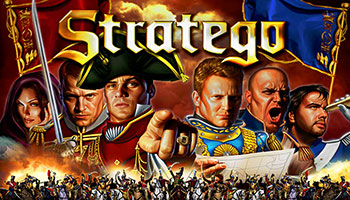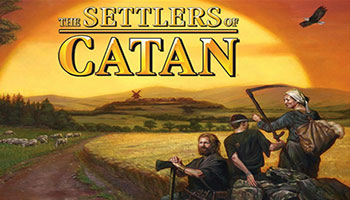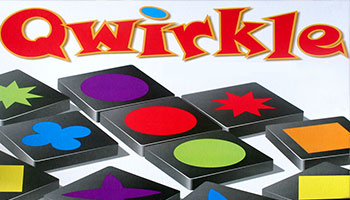The following cards are used only in 5 to 8 player games of Love Letter Premium:

9: Bishop Vinizio
Measured and calculating, Bishop Vinizio may come across as a schemer or opportunist. The truth, though, is that he cares deeply for the welfare of his congregants, and will go to great lengths to protect and help them.
Discarding the Bishop allows you to name a number and a player. If the player has that number in their hand, you get a Token of Affection. If this would give you enough Tokens to win the game, then you win immediately and the game ends. If you gained a Token of Affection from this effect, then the player whose card you effectively revealed with the Bishop may discard their card (but doesn't apply its effects, unless it is the Princess, see page 8) and draw a new one. …














